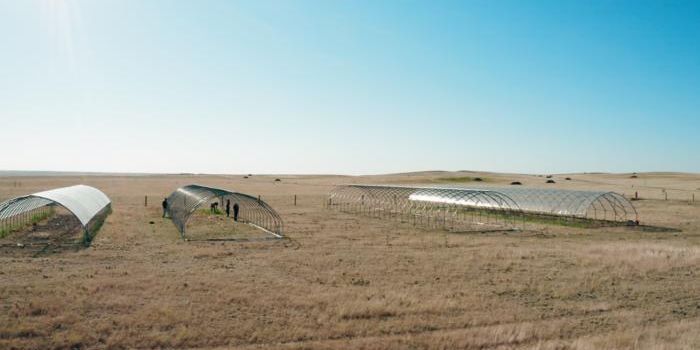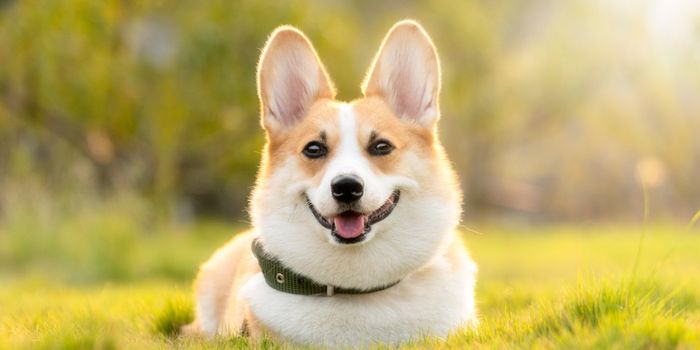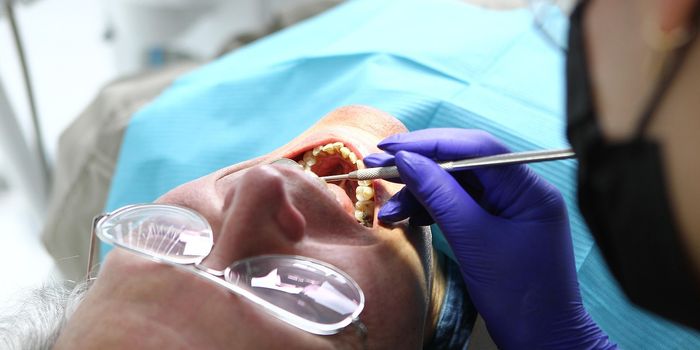More Than 50% of Large Carnivore Attacks on Humans Are From Human Ignorance
When you think about the largest predators at the top of the food chain, you probably imagine bears, sharks, lions, and other great beasts that pose a huge threat to humans as they walk afoot in forests or jungles, or swim in the waters of our blue oceans.

But are these animals really a threat to humans? A new study published in the Journal Nature suggests that more than 50% of large predator attacks on humans involve human beings who are risk-takers or who don’t have the knowledge on how to properly behave while exploring these regions.
"To go running when is dark, leaving children unattended in carnivore zones, approaching a female with young, approaching wounded animal in hunting and walking with an unleashed dog along the said areas, are the main causes of the attacks," explain the CSIC researcher Vincenzo Pentariani, Doñana Biological Station.
As a matter of fact, there is an art to avoiding these large predatory animals, and often times, people who attacked are ignorant of such an art and end up walking right into the danger on their own.
“For this reason, the attacks can decrease a lot if we learn how to act when we are in nature. It is not to limit the access to public in large carnivore's areas or, as we made in the past, pursuing them, it is to coexist with them. We can't go out into the countryside as we go to ‘the shopping center,’" Pentariani says.
With an increase in the amount of people that are involved in outdoor activities, it’s important to be knowledgeable on the imminent dangers that are afoot. Educating yourself on the predators known to thrive in your area and coming up with plans of evasion so you can avoid contact with them are the best measures of defending yourself from becoming their prey.
Leaving children unattended is one of the largest reported reasons behind carnivore attacks on humans, so who’s the blame? – The animal or the adult human who wasn’t being a good parent?
Learning to co-exist with the larger carnivorous animals, rather than walking right into their tracks and confronting them, would significantly decrease the amount of carnivore attacks on humans.
Source: Nature








